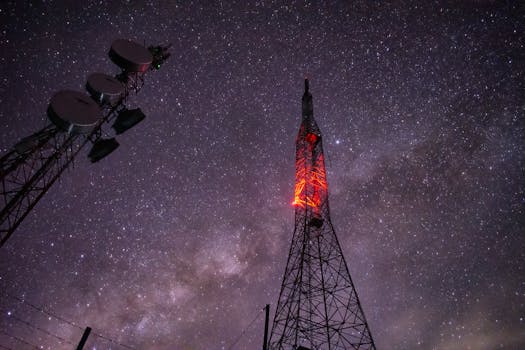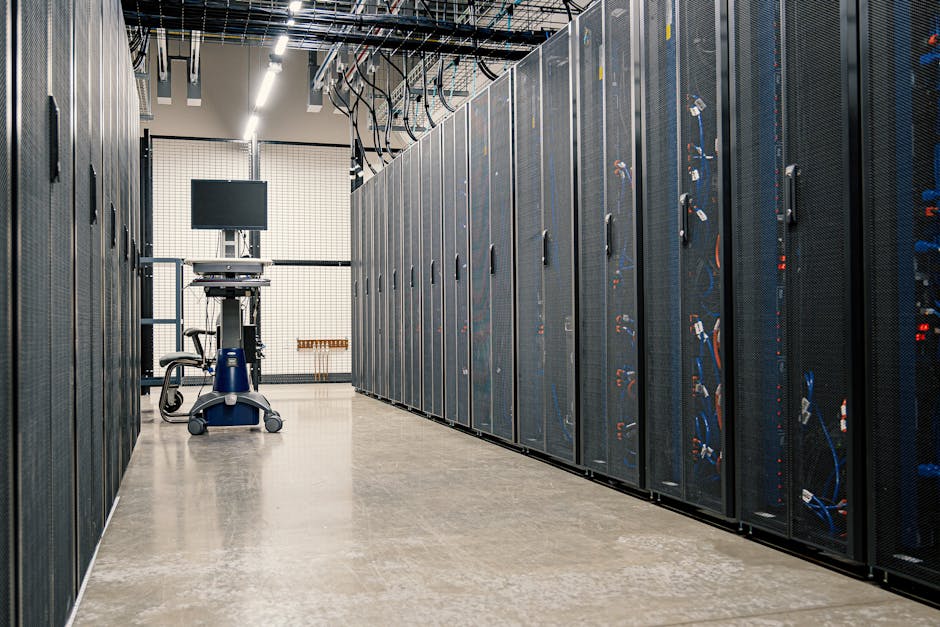The Future of Satellites: Revolutionizing Global Connectivity and Beyond

The Future of Satellites: Revolutionizing Global Connectivity and Beyond
Future of satellites is an exciting and rapidly evolving field, with significant advancements in space technology transforming the way we communicate, navigate, and understand our planet. The future of satellites is poised to revolutionize global connectivity, enabling faster and more reliable communication, navigation, and remote sensing. With the increasing demand for high-speed internet, precise navigation, and real-time data, satellites will play a crucial role in shaping the world’s digital landscape.
The integration of satellites with emerging technologies like 5G, artificial intelligence, and the Internet of Things (IoT) will further amplify their impact. For instance, satellite-based 5G networks will enable seamless and ubiquitous connectivity, even in remote and underserved areas. Moreover, the use of AI and machine learning algorithms will enhance satellite data analysis, allowing for more accurate predictions and decision-making.
Advancements in Space Technology
Recent breakthroughs in space technology have paved the way for the development of more efficient, cost-effective, and sustainable satellites. The introduction of reusable launch vehicles, such as SpaceX’s Falcon 9, has significantly reduced the cost of accessing space. Additionally, advancements in materials science and manufacturing have led to the creation of lighter, more durable, and high-performance satellites.
The use of small satellites, also known as CubeSats, has become increasingly popular due to their compact size, low cost, and versatility. These miniature satellites can be used for a variety of applications, including Earth observation, communication, and scientific research. Furthermore, the development of satellite constellations, such as OneWeb and Starlink, will provide global coverage and enable a new era of space-based services.
Applications of Satellites in the Future
The future of satellites holds immense promise, with a wide range of applications across various industries. In the field of communication, satellites will enable faster and more reliable data transfer, supporting the growth of remote work, online education, and e-commerce. Navigation systems, such as GPS, will continue to play a vital role in transportation, logistics, and emergency services.
Remote sensing satellites will provide critical data for environmental monitoring, climate change research, and natural disaster management. Moreover, satellites will facilitate the development of smart cities, enabling efficient energy management, traffic control, and waste management. The use of satellites in precision agriculture will also optimize crop yields, reduce water consumption, and promote sustainable farming practices.
Challenges and Opportunities
While the future of satellites is promising, there are several challenges that need to be addressed. The increasing number of satellites in orbit raises concerns about space debris, collisions, and radio frequency interference. Moreover, the high cost of launching and operating satellites can be a significant barrier to entry for new players.
Despite these challenges, the future of satellites presents numerous opportunities for innovation, investment, and collaboration. The development of sustainable and responsible space practices will be crucial in ensuring the long-term viability of satellite-based services. International cooperation and regulatory frameworks will also be essential in governing the use of space and preventing conflicts over resources and frequencies.







